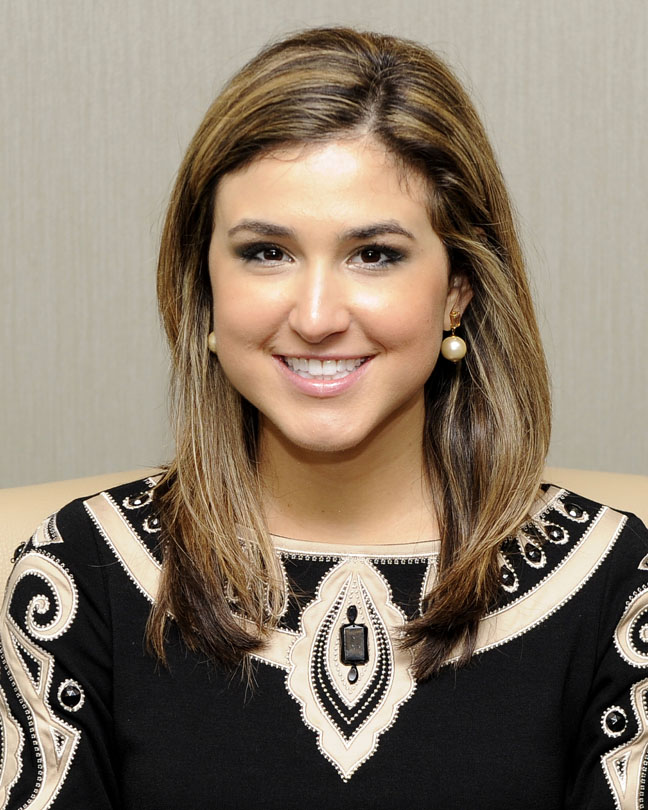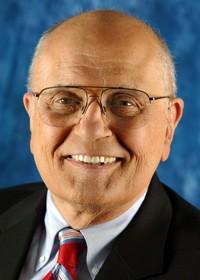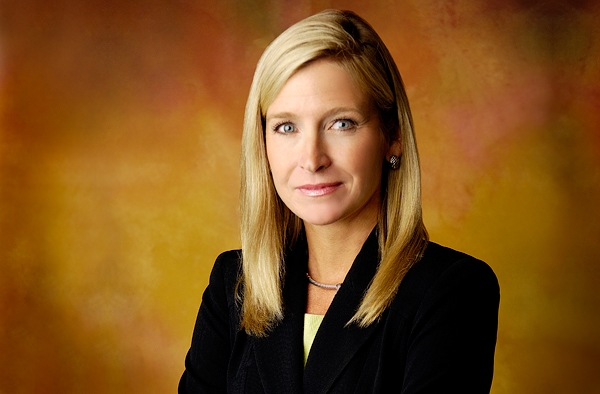As the Bryce Harlow Foundation enters into its 33rd year, we are proud to welcome the most recent additions to our board. Five new governors were confirmed at the Board of Governors Annual Meeting this week. Joyce Brayboy of Goldman Sachs Group, Geoff Davis of Republic Consulting, Beth Fowler of Korn/Ferry and Rich Gold of Holland & Knight – we welcome you and look forward to your leadership and service on the board.
Joyce Brayboy serves as vice president of government affairs for Goldman Sachs, a position she has held since November 2009. Joyce has had a long history in public service and government relations. Prior to joining Goldman Sachs, she spent nine years working for former U. S. Representative Melvin Watt. In addition Joyce worked with the Glover Park Group, a well-known D.C. firm that specializes in government relations and strategic communication. Joyce is the recipient of the second annual Trailblazer Award from the Congressional Black Associates and she was honored as “Lobbyist of the Year” by the Washington Government Relations Group.
Geoff Davis is the founder of Republic Consulting, LLC, a government affairs consulting firm. As a former Member of Congress from Kentucky’s 4th District, Geoff served as chairman of the Ways & Means’ Subcommittee on Human Resources. His priorities included regulatory reform, tax relief to working families and energy independence, to name a few. Prior to serving in Congress Geoff owned and operated a small consulting firm specializing in lean manufacturing and systems integration.
Beth Fowler is a senior client partner at Korn/Ferry where she leads federal, state, regulatory, and public policy searches on behalf of many associations, corporations and firms. Prior to her career at Korn/Ferry, Beth worked in government relations at The Michael Lewan Company and APCO Associates. Adding to Beth’s stellar resume, she also served as a presidential appointee working with the Under Secretary for International Affairs at the Department of the Treasury as well as the Republican National Committee during the George H.W. Bush Administration.
Rich Gold is a partner at Holland & Knight where he specializes in legislative and environment law as leader of the firm’s public policy and regulation practice group. Prior to his tenure at Holland & Knight, Rich worked in the public sector, including stints with Senator Lloyd Bentsen and EPA Administrator Carol Browner. The environmental and energy expertise that Rich brings to his practice create the focus for a wide range of substantive issues from chemical security and food safety to transportation and energy efficiency and production. Rich also writes and speaks out about the important role that lobbying plays in the development of sound public policy.
The Bryce Harlow Foundation’s 25-member board of governors is selected from the nation’s finest corporate government affairs offices, trade associations, and consulting firms. It has worked hard to position itself as the principal nonprofit organization in Washington, DC that promotes the highest professional standards in lobbying and government relations. Joyce, Geoff, Beth and Rich share our mission and we’re delighted they have joined our team.
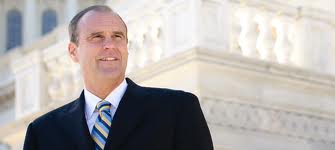
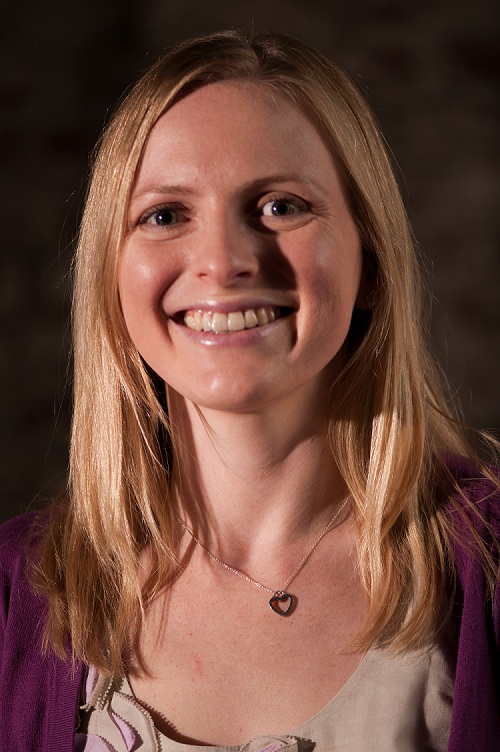 Pursuing a graduate degree in public policy while working full-time is a challenge, to say the least. In light of this, I was surprised by the dearth of scholarships and fellowships for which I was eligible as a part-time graduate student. At times, I wondered melodramatically if I were being punished for working while getting my master’s degree. Then I found the Bryce Harlow Foundation.
Pursuing a graduate degree in public policy while working full-time is a challenge, to say the least. In light of this, I was surprised by the dearth of scholarships and fellowships for which I was eligible as a part-time graduate student. At times, I wondered melodramatically if I were being punished for working while getting my master’s degree. Then I found the Bryce Harlow Foundation.